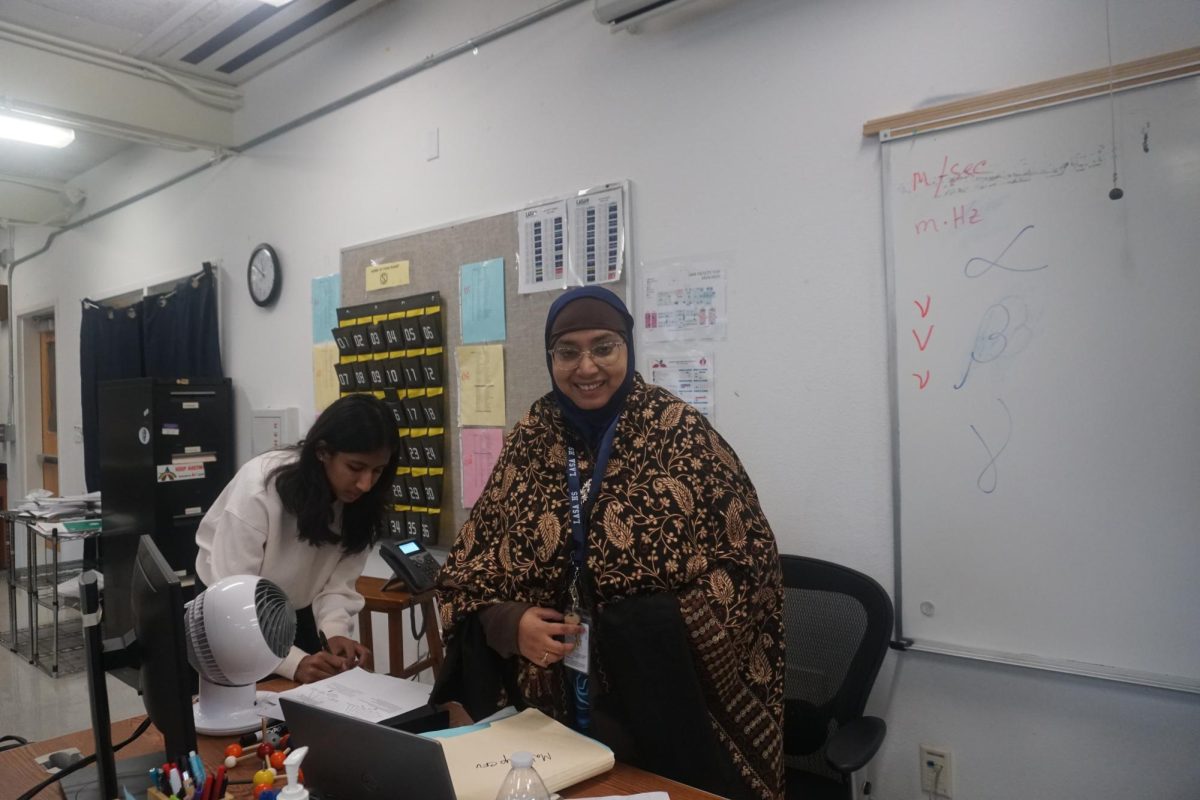For centuries, music has been a vital tool in modern society to deal with hardships. These hardships can be a variety of issues, from economic to interpersonal. How we interact with hardship and express it through music differs based on history and culture.
During the 2008 financial crisis, a trend began to emerge among the popular music at the time. According to CNBC, artists like Katy Perry and Kesha began to create songs filled with happiness and a wild message of not caring about the economic hardship many people were facing. This trend, coined ‘recession pop’ illustrates one of the ways music responds to economic issues, yet not everyone saw themselves reflected in the term.
High school choir teacher and performer Deric Lewis disagreed with the assertion that recession pop was representative of the trends in music he was familiar with. He tied this with how he views music and where it comes from.
“Hardship for African Americans in this world has always been part of the culture, so I think our way of dealing with that was to sing about it,” Lewis said. “It’s just me down the backyard, you know what I mean, without the guitar, singing about what I’m going through. But other people like to hear it, because, like, Oh, I’m also going through something. So they don’t relate to each other, right?”
The connection created between those who create music and those who listen to it is also central to singer-songwriter Riley Gonzalez Orr, who is a junior at LASA. This is particularly true for shared experience and emotion.
“It’s hard sometimes in the lives that we live for people to fully experience their emotions, but once you sit down and listen to the songs, you’re in a moment, it’s really just an incredible experience.”
As in the case of Derek Lewis, hardship can be systematic, and music can serve to reject hardship when it is forced upon a people. For example, musician and filmmaker Luis Ramirez combines his heritage with modern messages. When he received backlash from a collaboration with drag queen Cynthia Lee Fontaine and rapper BabiBoi, he responded with a single.
“I never really liked to get so political in my art, but it was a moment where I felt like there was a need for me to take a stance,” Ramirez said. “So sometimes I create art out of controversy, to kind of prove my point.”
The choice Ramiez made to create art from the backlash to his work is an example of how Lewis believes that the idea of recession pop–or creating music to ignore or put aside hardship–is a privilege that many don’t enjoy.
“That’s hard for me to imagine, especially as an African American … [it’s like] no, I gotta pay my bills. I gotta do something so my kids can eat. This is I gotta deal with reality. I can’t deal with it by just dancing.” Lewis said. Gonzales Orr expressed similar sentiments.
“when famous painters were making their masterpieces that are a depiction of war and suffering, you have to be genuinely disturbed by the events around you and then you find catharsis and peace and you come to terms with all these horrible events through the art that you create … and it’s the exact same with music.” Gonzales Orr said.
Yet acknowledging hardship and creating art around it can also bring positives. Luis Ramirez detailed how, after releasing his single, which he later modified into a short film, he found like minded people.
“There was another film that had almost a similar storyline to mine. There was a completely different director based in LA and it was a whole short film about a very similar concept. And so for me, it was a really cool meeting like my tribe.”
Music deals with hardship in a variety of ways. Some like to ignore issues, creating recession pop, while others who cannot afford the privilege choose to talk about their struggles and find community and solidarity within shared difficulty.


